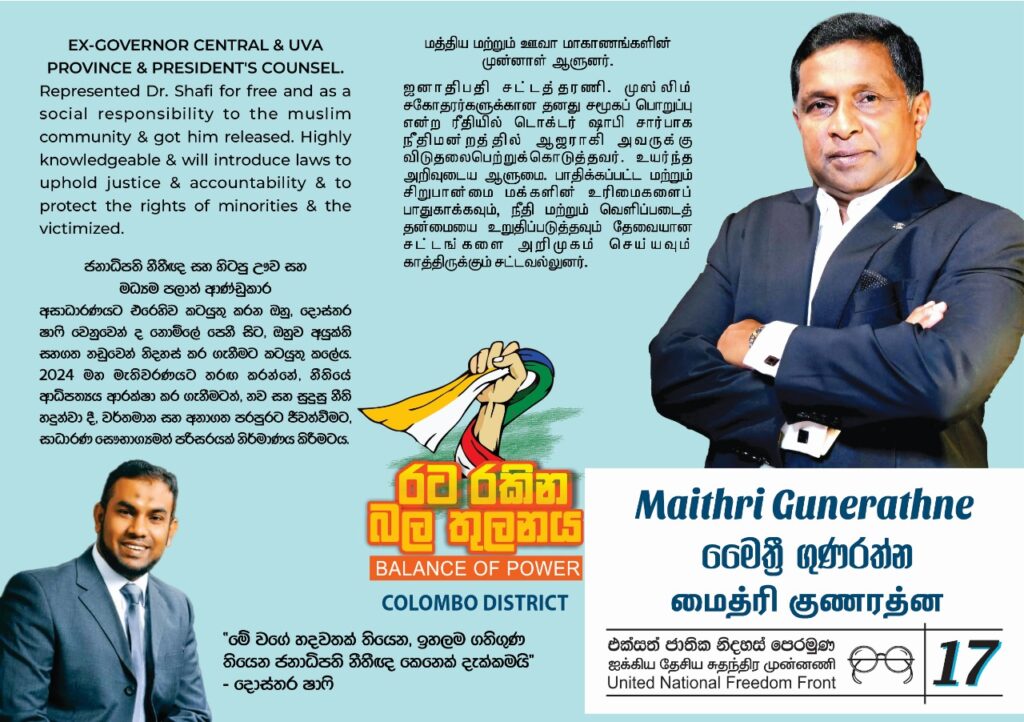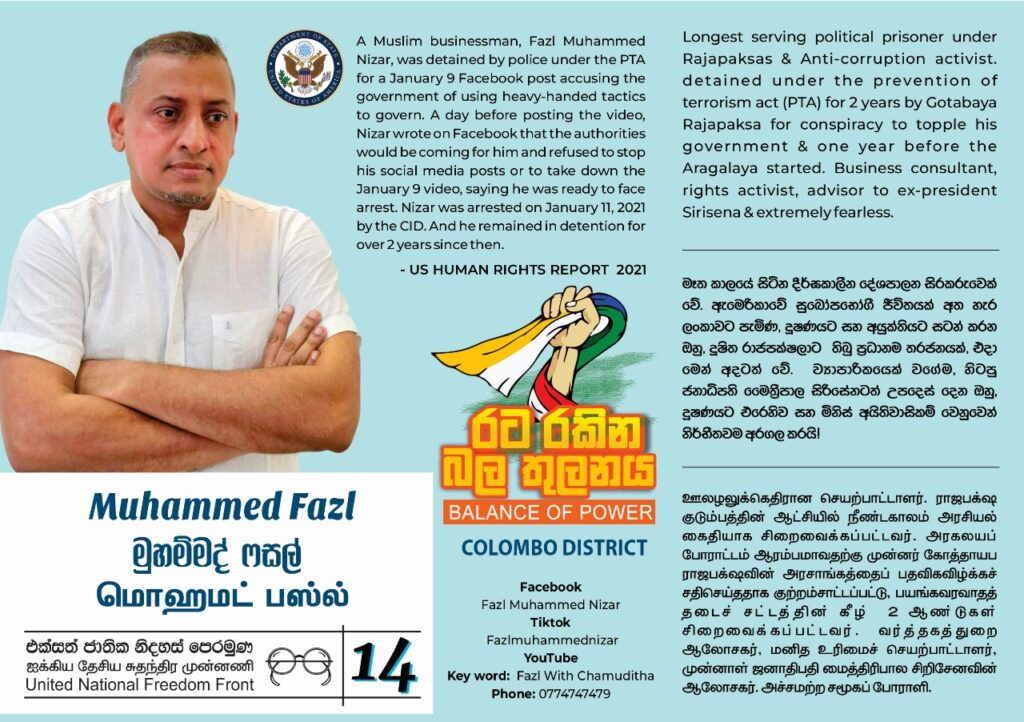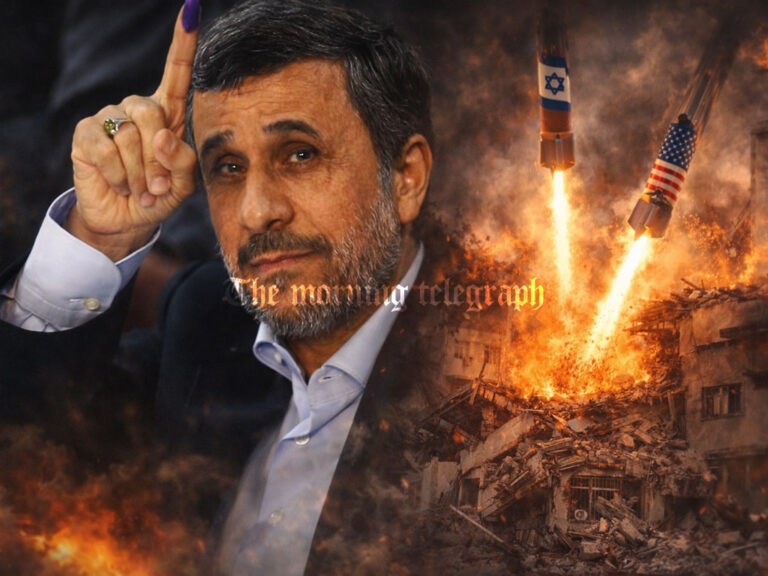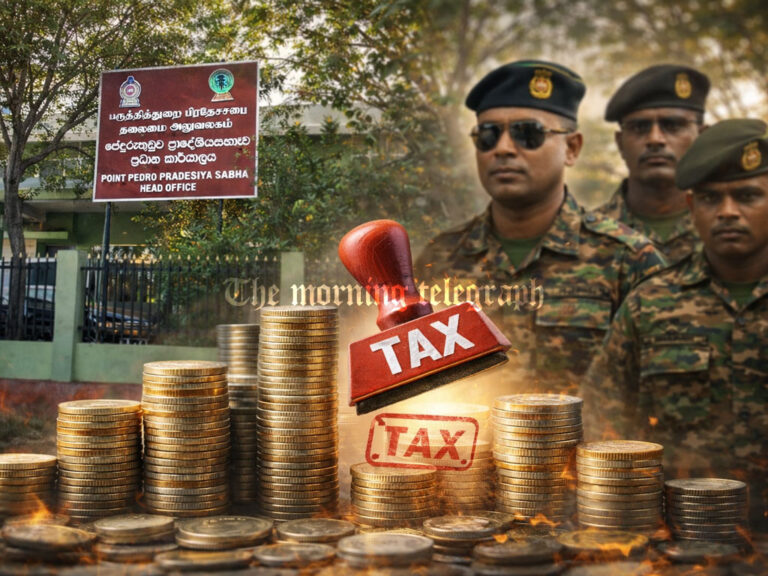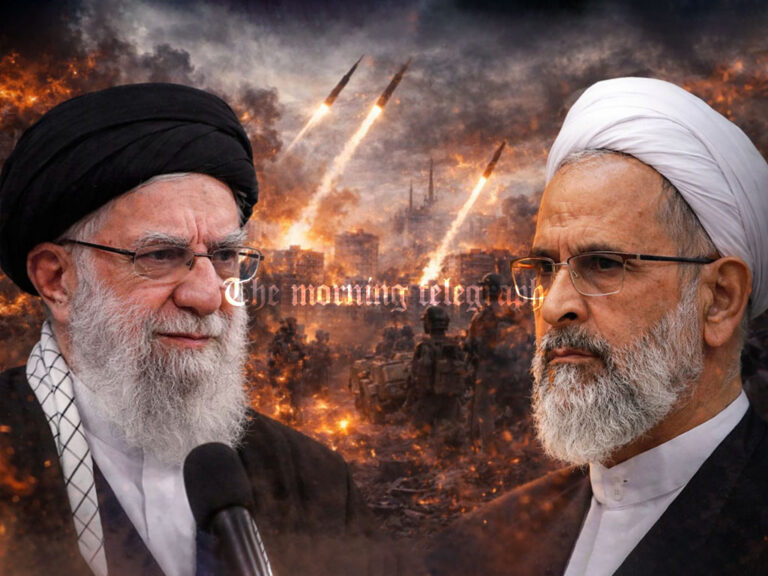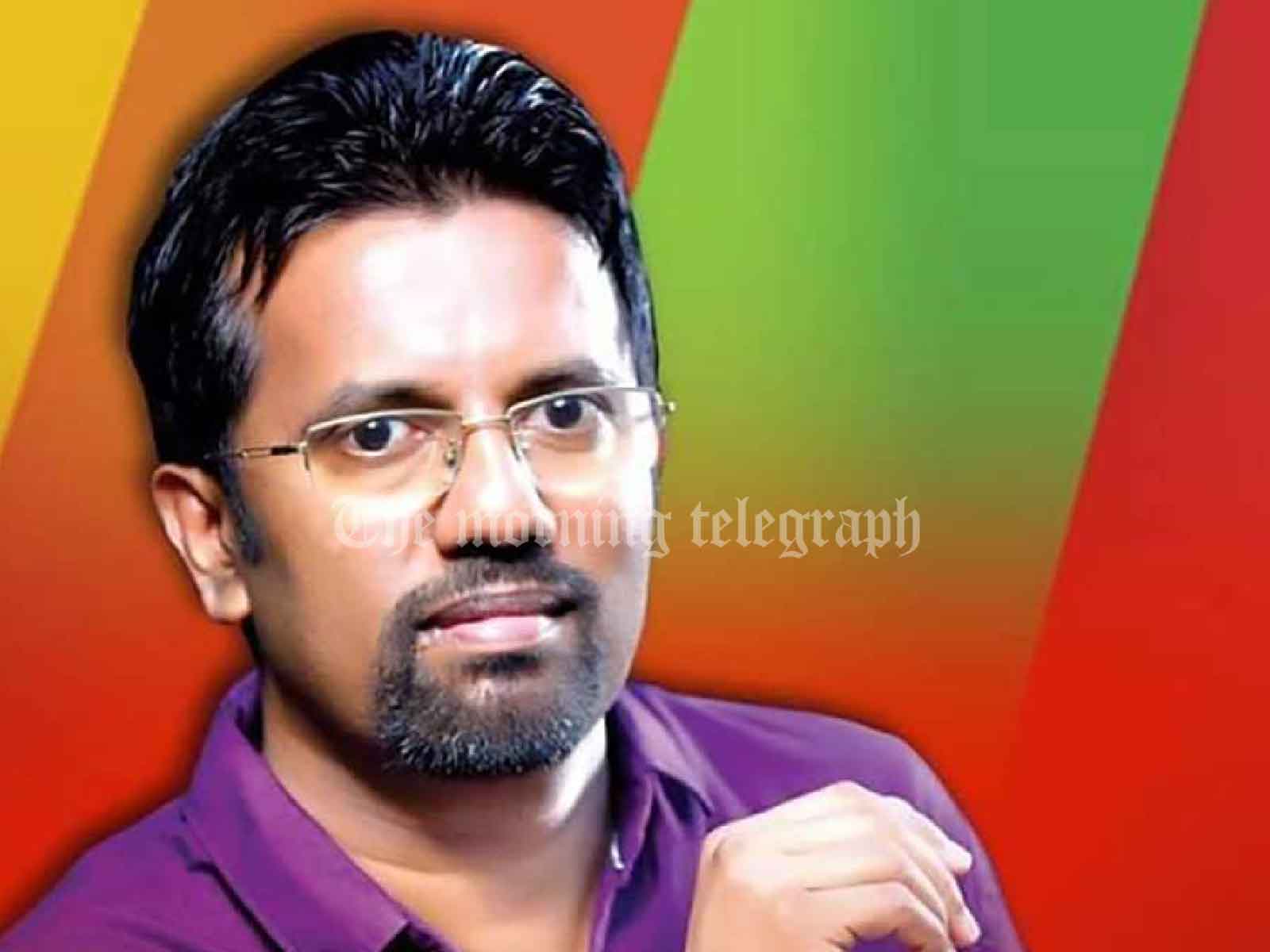
The National People’s Power (NPP) of Sri Lanka, led by Anura Kumara Dissanayake, is facing significant criticism for its perceived failure to live up to the promises of economic reform that were made during the presidential election. Wasantha Yapabandara, a prominent member of Samagi Jana Balawega and former Member of Parliament, has raised concerns about the NPP’s reliance on key figures from the previous government of Ranil Wickremesinghe.
Yapabandara pointed out that, due to the NPP’s lack of a qualified candidate for the role, Mahinda Siriwardena, who served as the Secretary to the Ministry of Finance under Wickremesinghe, was appointed to this position. Similarly, Dr. Nandalal Weerasinghe, the former governor of the Central Bank of Sri Lanka under the previous regime, has continued his role in managing the country’s economic relations, including IMF negotiations. Yapabandara argues that these appointments represent an extension of the previous administration’s policies, contradicting the NPP’s campaign promises of a new direction for the country.
In a broader critique of the NPP’s governance, Yapabandara stated that the party has failed to present a comprehensive plan for managing the economy. Despite earlier claims that they had a clear economic program, the lack of competent leadership and a coherent strategy has led to disillusionment among many of the party’s supporters. Yapabandara further emphasized that the NPP’s reliance on former Wickremesinghe loyalists, such as Siriwardena and Weerasinghe, shows that the party is essentially continuing the same economic policies that many had hoped to replace.
Additionally, Yapabandara criticized the NPP’s stance on media freedom. Vijitha Herath, a prominent member of the NPP, had previously championed media freedom, but Yapabandara accused the party of now adopting a contradictory position. Herath’s recent comments, suggesting that media should not be used to manipulate public opinion, were seen as hypocritical, given the NPP’s earlier advocacy for a free press.
This complex political landscape reveals a deepening frustration within Sri Lanka’s opposition and highlights the challenges the NPP faces in distinguishing itself from the policies of its predecessors.
